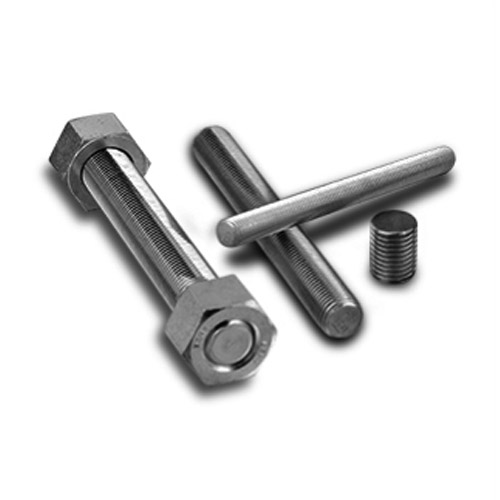oil cooler tube
des. . 07, 2024 02:04 Back to list
oil cooler tube
The Importance of Oil Cooler Tubes in Engine Performance
In the realm of automotive engineering, the efficiency and reliability of engines are paramount. One of the critical components that contribute to optimal engine performance is the oil cooler tube. This seemingly simple part plays a significant role in the overall functioning of an engine, ensuring that lubrication systems operate effectively under varying conditions.
What is an Oil Cooler Tube?
An oil cooler tube is part of the oil cooling system in an internal combustion engine. This tube facilitates the circulation of engine oil, allowing it to flow through the oil cooler, where it is cooled before being recirculated back to the engine. The primary purpose of an oil cooler tube is to maintain the engine oil at an appropriate temperature, preventing it from overheating and ensuring it retains its viscous properties necessary for the proper lubrication of engine components.
How Oil Cooler Tubes Work
The oil cooling system generally consists of several components, including the oil pump, oil filter, oil cooler, and oil cooler tubes. When the engine operates, the engine oil absorbs heat generated from friction between moving parts and combustion processes. The oil is then pumped through the oil cooler, where it flows through the tubes that transfer heat to the surrounding air or coolant.
Oil cooler tubes are designed to maximize the surface area in contact with the cooling medium, which enhances heat transfer efficiency. As the heated oil passes through the tubes, it sheds heat, allowing it to return to the engine at a lower temperature. This cycle is crucial for maintaining optimal engine operation, especially under high-load conditions or in hot climates.
Benefits of Oil Cooler Tubes
oil cooler tube

1. Enhanced Engine Longevity By maintaining optimal oil temperatures, oil cooler tubes help prolong the life of the engine. Overheated oil can lead to increased wear and tear on engine components, resulting in premature failure. Cooler oil reduces the risk of oxidation and breakdown, which contributes to the overall durability of the engine.
2. Improved Performance Engines perform best when operating within their designated temperature ranges. Overheating can lead to loss of power, inefficient fuel combustion, and increased emissions. Oil cooler tubes help ensure that the oil remains within suitable temperature limits, enhancing engine performance and responsiveness.
3. Reduced Risk of Oil Breakdown Higher temperatures can cause engine oil to break down more quickly, leading to sludge formation and a loss of lubrication properties. By effectively cooling the oil, oil cooler tubes help prevent these issues, ensuring that the oil can perform its job efficiently over extended periods.
4. Operational Stability In high-performance vehicles and heavy-duty applications, oil cooler tubes are essential to maintaining consistent engine operation. Whether navigating through stop-and-go traffic or tackling tough terrain, effective cooling is vital for engine stability and reliability.
Signs of Oil Cooler Tube Issues
Like any automotive component, oil cooler tubes can experience wear and tear over time. Signs that your oil cooler tube may be malfunctioning include leaking oil, overheating engine temperatures, or decreased lubrication efficiency. If an oil cooler tube becomes blocked or damaged, it can disrupt the oil flow, leading to a cascade of issues that can severely impact engine performance.
Conclusion
In conclusion, oil cooler tubes are an indispensable component of the automotive lubrication system, playing a vital role in maintaining engine performance and longevity. Their ability to regulate oil temperature enhances engine efficiency and reliability, making them essential for both everyday vehicles and high-performance machines. Regular maintenance and inspections of oil cooler tubes can help ensure they function correctly, allowing the engine to perform at its best. As automotive technologies continue to evolve, the significance of such components will remain, underscoring the importance of understanding and maintaining the intricate systems that power our vehicles.
